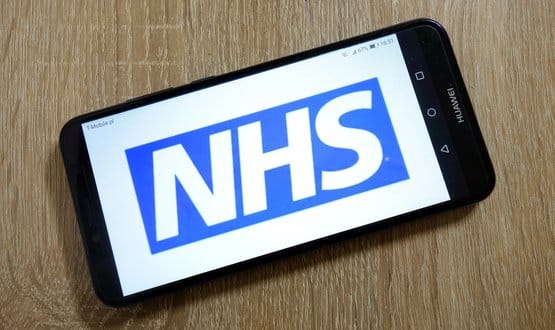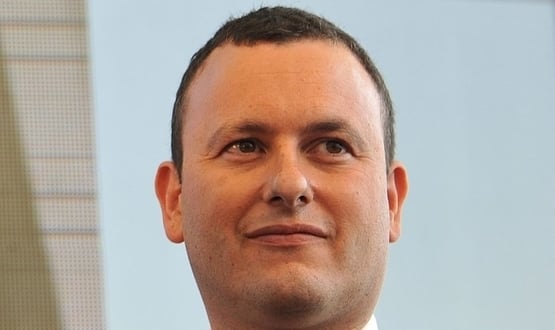NHSX CEO weighs in on NHS digitalisation projects
- 11 June 2019

The CEO of NHSX has said the health service is “in danger of creating unrealistic expectation and demand” in terms of digitalisation.
At an event held by techUK on 10 June, Matthew Gould was quizzed about the Global Digital Exemplar (GDE) programme – NHS England’s flagship programme designed to create a group of reference sites for NHS digitisation that provide standardised blueprints for other trusts to follow.
In particular, Gould, who will officially start as NHSX’s CEO on 1 July, was questioned about whether he thought the programme will create a digital gap between NHS trusts.
In response, Gould said the health service was “in danger of creating unrealistic expectation and demand” in terms of digitalisation, adding that the entire system should be brought up to a basic level.
He added: “For me part of the job is standards but also supporting the system, getting resources into the system to raise the standards of digitalisation.”
Gould also said that too many trusts are “just trying to get through the day” and expecting them to do “100 whizzy things is not realistic”.
Next q: should we focus more on boosting the best digital trusts, or delivering a minimum level of digital capability across the system?@matthewsgould: We need to do both. Too many trusts just trying to get through the day, expecting them to do 100 whizzy things not realistic.
— Transforming health and care (@NHSTransform) June 10, 2019
NHSX was launched earlier in the year to oversee digital transformation of the health and care system, bringing together teams from the Department of Health and Social Care, NHS England and NHS Improvement.
Gould, who is a former government director for cyber security, was later announced as the NHSX’s new CEO.
Speaking at the event, he said that the unit’s approach is to “let a thousand flowers bloom but according to clear rules and standards” or “standardised flowers.”
Gould also addressed his latest blog which suggested no more features should be added to the NHS App, instead innovators should be encouraged to build on top of it.
He told the audience that the purpose of scaling back the NHS App would prevent the NHS from “competing with the market or crowding out innovation by trying to do everything ourselves”.
His approach appears to have hit the mark with Digital Health News readers, in our latest poll 89% people said they agreed with Gould.





4 Comments
I think most NHS people’s perception of digital transformation is off-beam. Like Humpty Dumpty, people often say ‘it means exactly what I want it to mean’, usually erroneously. I have been saying ad nauseam in comments of NHS IT Plans that process comes before products (technology) and the processes in the NHS in the main are broken or ad hoc.
Take a look at the following extracts from IT papers:
‘“The other belief I have is that nothing makes a bad business process worse than putting a bunch of tech around it,’’ [Matt H take note] he says. “Our goal is to tear the business process apart, make sure it’s optimized and then build the proper enabling technology to make it efficient.”
“But if you take a step back and look at your business model and [think about] changing how you do things to be efficient and effective and deliver the particular service for your organization in a digital manner, often that goes beyond the technical stuff,’’ she says. Echoing Bertolini, Holman adds, “You can get an engineer to build things, but if you haven’t listened to the stakeholders, then whatever you’ve built will not be successful and meet the needs of the organization.”
Filling the digital transformation skills gap
https://www.cio.com/article/3393181/filling-the-digital-transformation-skills-gap.html
To summarise, the word ‘transformation’ relates to business process, ‘digital’ to the supporting technology. End of.
Hear, hear
This is something i’ve advocated for years and its refreshing to see. We need funding and resources to be targeted at those Trusts in genuine need of getting to a basic level of digitisation before trying to revolutionise digital services for the few. If we are not careful patients will experience and possibly already are, a digital postcode lottery.
Matthew Gould appears refreshingly grounded and realistic in his comments thus far, although it is early days . For too long elements within NHSE has been funding expensive internal projects specifically to compete with (often copying innovations and technologies in the process, already available from suppliers in the private Tech. sector) . Surely it makes more sense to work with the private Tech. developers ,utilising their specialist expertise and R&D to enhance the service, rather invest valuable resources in reinventing the wheel.
Comments are closed.